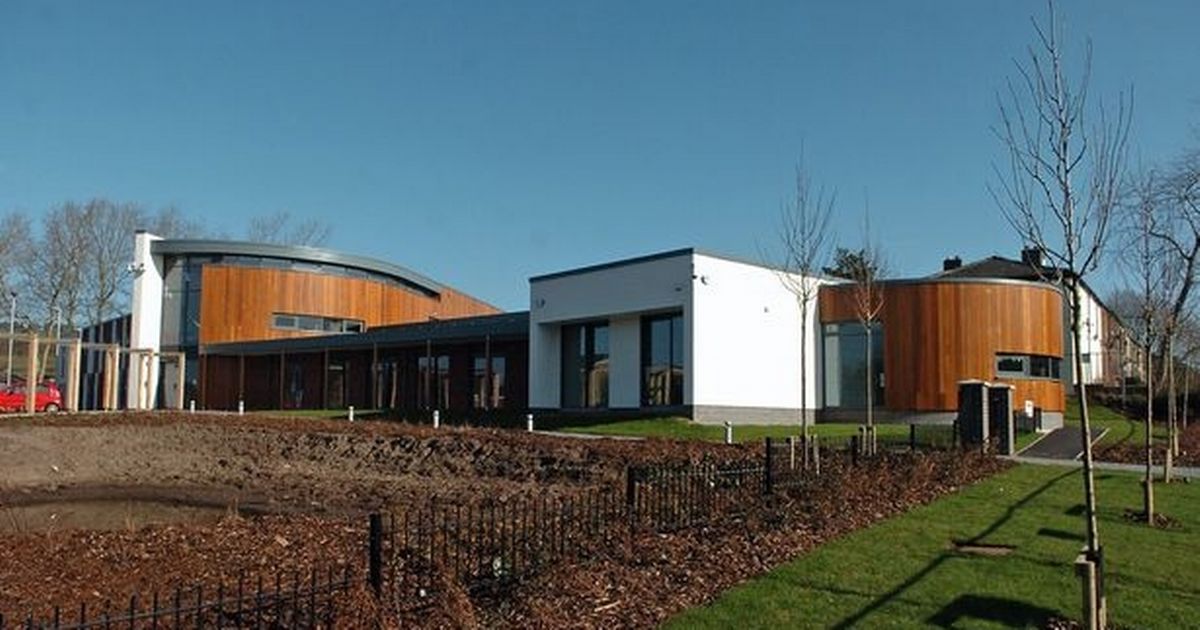
Hospices play a critical role in providing compassionate end-of-life care, yet they continuously grapple with financial challenges. Recently, the Labour government announced a £75 million capital funding package for hospices across the UK, with £9.2 million allocated to 30 hospices in the North West, including key facilities in Greater Manchester such as Bolton Hospice, Dr. Kershaw’s Hospice, and Francis House Children’s Hospice.
Funding: A Short-Term Solution
The funding aims to address infrastructure improvements like repairs and digital upgrades. For instance, Wigan and Leigh Hospice plans to fix its leaking roof and install a new heating system. However, this financial injection is earmarked solely for capital projects, raising concerns among hospice leaders about its insufficiency to meet ongoing operational costs.
With an aging population, the demand for hospice care in Greater Manchester is expected to rise significantly. According to the Health Innovation Manchester Report, an additional 57 hospice beds are needed to meet current demands. By 2043, deaths requiring palliative care are projected to increase by 17.5% in the region.
Hospices Depend on Community Support
Despite their vital role, hospices receive only 4% of end-of-life care funding in the UK, compared to 80% allocated to hospitals. This funding gap forces hospices to rely heavily on community fundraising and charitable donations. Jeremy Lune, CEO of Prospect Hospice, highlighted this dependence, warning that sustainable funding is urgently needed to secure the future of community-based care.
Calls for Long-Term Reform
Dr. Leigh Vallance, Chair of Greater Manchester Hospices Provider Collaborative, emphasized the need for permanent solutions, stating, “Long-term fairer funding for hospice care will reduce hospital admissions and keep care in the community. That’s better for the patient, their loved ones, and the NHS.”
Staff costs, a major expense for hospices, are critical to providing the humane and specialized care patients rely on. While the funding is welcomed, it is clear that deeper systemic reforms are needed to ensure long-term sustainability for hospices. Many hospice leaders and MPs are advocating for integration into the broader NHS framework to provide guaranteed funding and reduce reliance on donations.
Labour’s Opportunity to Make a Difference
As part of the NHS’s 10-Year Health Plan, which emphasizes shifting care from hospitals to the community, this funding hints at recognition of hospices’ importance. However, the government must prioritize sustainable care over temporary fixes. Labour, with its large mandate, has the opportunity to truly reshape hospice funding and bring them under the NHS’s umbrella.
Until then, facilities like Grace’s Place in Radcliffe, which tragically closed in 2019 due to insufficient funding, serve as stark reminders of the fragility of the current hospice care model. Without bold policy changes, many hospices may struggle to survive, risking the quality and accessibility of care for those most in need.
The North West hospices receiving this funding face a brighter—but still uncertain—future. Whether this funding proves a stepping stone toward reform or remains a patchwork solution will depend on the government’s next steps.



